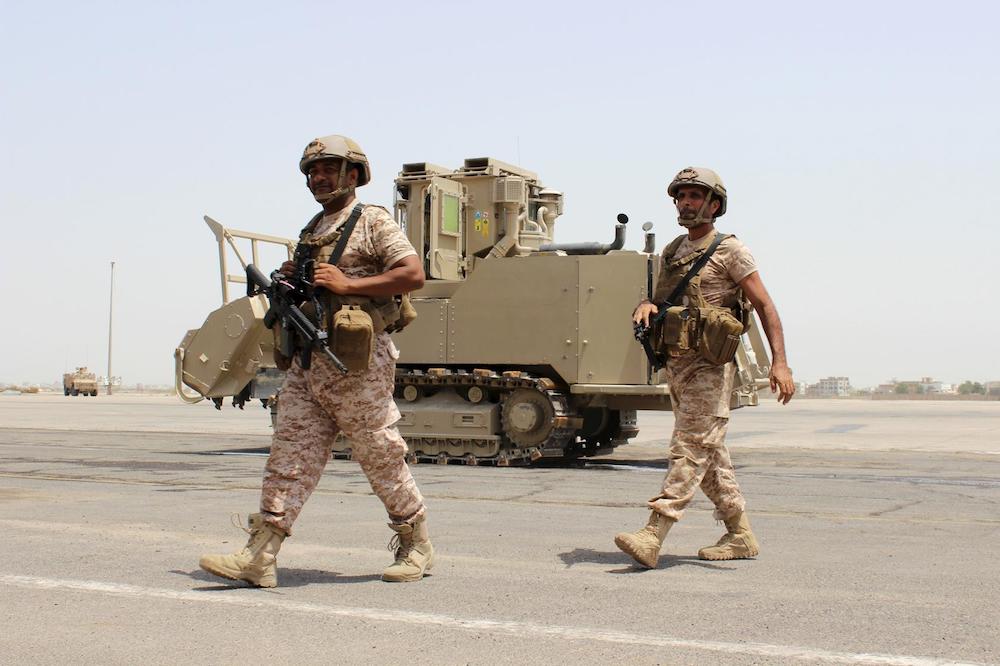Four countries discuss ‘tolerance in multiculturalism’ at UAE summit
DUBAI: With over 200 nationalities currently residing in the GCC, countries across the region are continuing to promote the values of tolerance and coexistence through various initiatives.
The UAE first introduced the post of minister of tolerance with the appointment of Sheikha Lubna Al-Qasimi in 2016, reinforcing its commitment to eradicate ideological, cultural and religious bigotry in society.
The second edition of the World Tolerance Summit, held in Dubai on November 13 and 14, saw a bigger number of countries participating, including Saudi Arabia.
Dr Sheikh Abdullah bin Mohammed Al Fawzan, vice-chairman and secretary general of the King Abdulaziz Center for National Dialogue, reviewed the Kingdom’s tolerance initiatives, and described the summit as “an opportunity to bring about positive change.”
The summit’s second day included a session titled “Tolerance in Multiculturalism: Achieving the Social, Economic and Humane Benefits of a Tolerant World,” in which speakers from Saudi Arabia, Ethiopia, Tatarstan, and Columbia discussed ways in which their respective countries are attempting to instill social and economic tolerance.
Princess Lamia bint Majed Saud Al-Saud, secretary general and board member of Alwaleed Philanthropies in Saudi Arabia, touched on the importance of tolerance in humanitarian work.
“It is extremely important to be a tolerant and accepting person in order to be able to help others. Our organization works in 180 countries — and we do not have any discrimination when it comes to language, religion or color,” said Al-Saud.
She said the region’s diversity of nationalities is at the essence of the Arab society: “I think that tolerance is in our DNA. It is something we can trace back through our history and previous civilizations.”
Alwaleed Philanthropies promotes cultural understanding through various centers across the world. Some of the most active are those located in Harvard University and Edinburgh.
“Prince (Al-)Waleed realized there was a serious problem in the way people viewed Islam and Arab culture after 9/11 and decided to take a proactive approach to fix this through the centers, which work on restoring the image of Muslims,” said Al-Saud.
She added: “Tolerance starts with one’s self. You have two ears, so listen to others before you talk and keep an open mind.”
Also speaking at the summit, President Rustam Nurgaliyevich Minnikhanov of Tatarstan discussed the progress of tolerance in the republic’s various cities, which have a population of 4 million people from 173 nationalities.
The two main religions in Tatarstan are Islam and Orthodox Christianity, and the sovereign state went through a long period of conflict before religious groups found common ground.
“We have gone from 20 mosques in (Tatarstan) to more than 1,500, with some just 200 meters away from a church,” said Minnikhanov. “Today, we have stability in our cities, and we have created a council to adopt a system through which we can strengthen the values of tolerance and maintain the peaceful coexistence of religious parties.”
More than 20 million Muslims currently reside in Tatarstan, where new policies in healthcare, education and tourism are catering to the “halal lifestyle,” he added.
Similarly, Muferihat Kamil, Minister of Peace in the Federal Democratic Republic of Ethiopia said her country aims to move forward from a past based on prejudiced conflict.
“The reason behind building a ministry of peace in Ethiopia is the aspirations we have for our people in the existing situation in the country,” she said. “We aim to empower our people and build peace that will resonate with the rest of the region.”
Lucy Jeannette Bermudez Bermudez, president of the State Council of Colombia, discussed her country’s current transition between its government, residents and armed groups. “In order to promote tolerance and respect in the country, our concentration has been on the group known as FARC — the Revolutionary Armed Forces of Columbia, which has now evolved into a political party,” said Bermudez.
The conflict between government and paramilitary groups, crime syndicates and FARC in Colombia began in the mid-1960s, and she stressed the need for the coexistence of different views, religions and race.
“We have different characteristics that we have to live with and even celebrate,” she added. “The advances we see in the UAE are something we look forward to establishing in my country. This model of government is one we should all follow.”

UAE launches global tolerance initiative for youthKing Abdul Aziz Center for National Dialogue takes part in tolerance summit in Dubai





